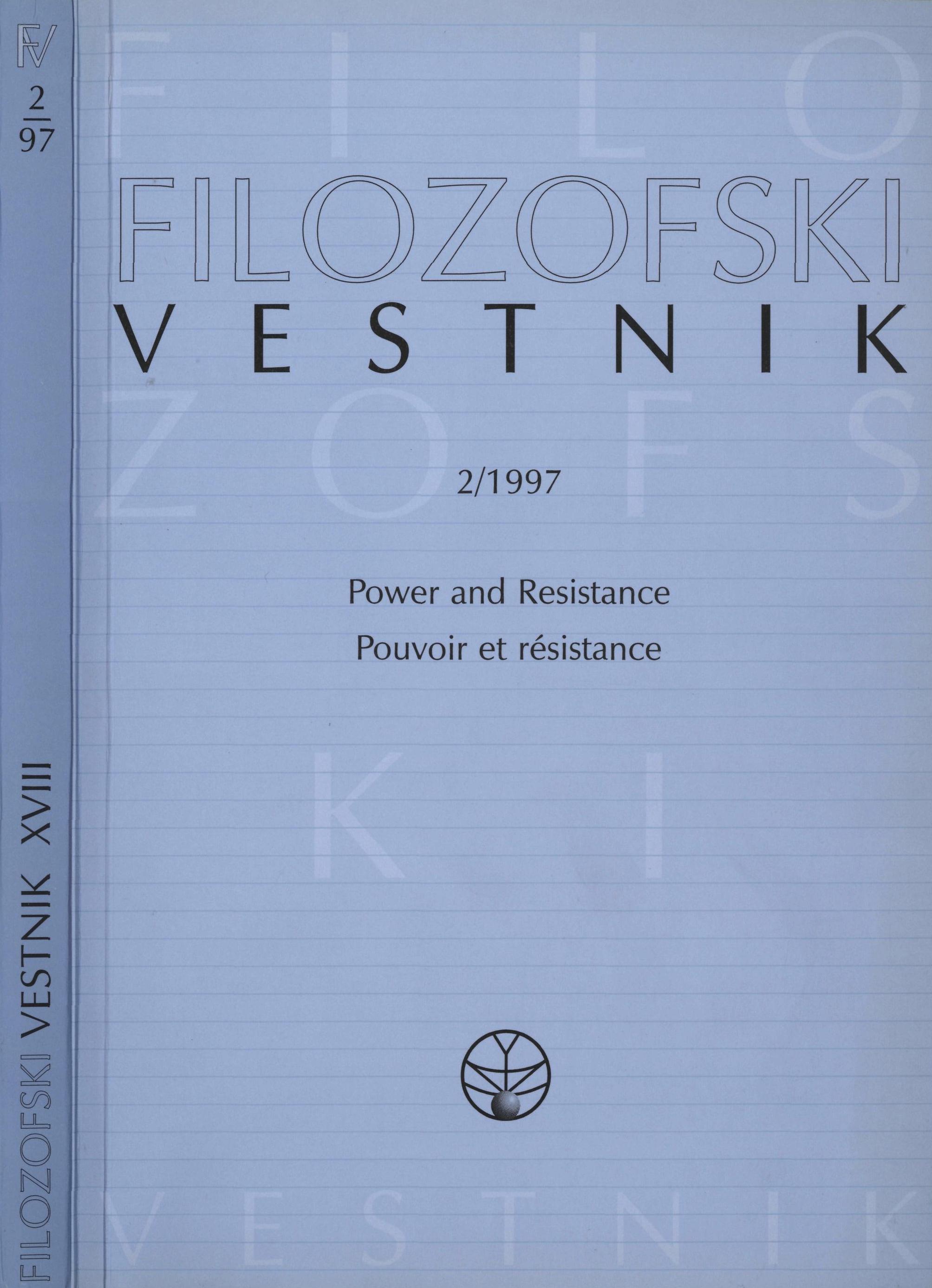A "Politics of Ideas" and Women's Citizenship
Abstract
The question this paper will address is that of the role of ideas in the development of the social and political institutions of women's citizenship, historically and in the future. It considers the distinction made by Anne Phillips in The Politics of Presence between a conventional "politics of ideas", in which political representation is taken to involve the representation of party policies and voter preferences and beliefs, and a "politics of presence" in which democratic procedures are held to require the physical presence of members of social groups. For Phillips, the latter is preferable because while political equality entails both the inclusion of voices previously excluded from the political process, it also involves an informed judgement of the probable outcome of that process, and she believes that the presence of women could contribute positively to the development of social rights for women as women. In this paper I will take issue with Phillips' view by way of a discussion of feminist theories of the relation between liberal political ideology and women's citizenship. On the basis of this discussion I will suggest that the theory of hegemony developed by Ernesto Laclau and Chantal Mouffe is the best way of understanding this relation and that the rather different politics of ideas it proposes is at least as important to feminist strategies to end the secondary status of women's citizenship as Phillips' "politics of presence".Downloads
Download data is not yet available.
Downloads
Published
2016-01-24
How to Cite
Nash, kate. (2016). A "Politics of Ideas" and Women’s Citizenship. Filozofski Vestnik, 18(2). Retrieved from https://ojs.zrc-sazu.si/filozofski-vestnik/article/view/3992
Issue
Section
Power and Resistance / Pouvoir et résistance
License
Authors guarantee that the work is their own original creation and does not infringe any statutory or common-law copyright or any proprietary right of any third party. In case of claims by third parties, authors commit their self to defend the interests of the publisher, and shall cover any potential costs.
More in: Submission chapter





